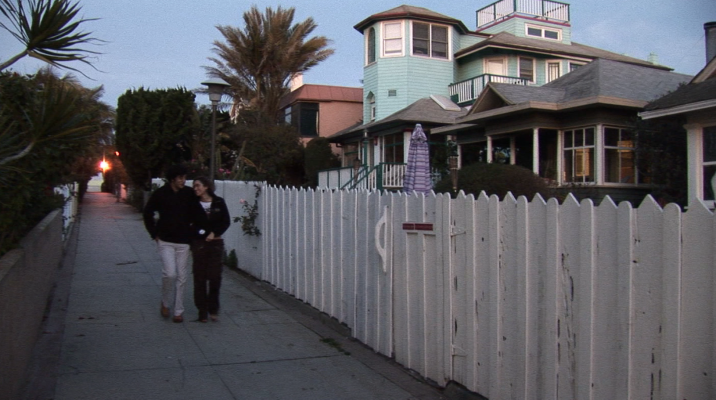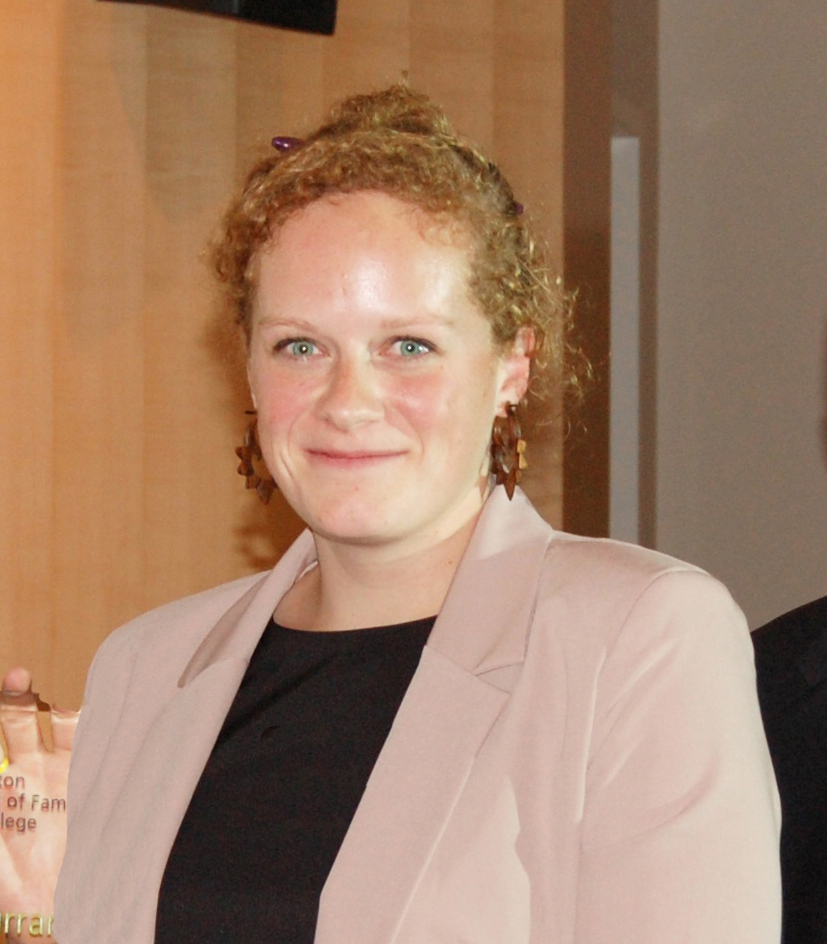
Watch video
View Kristi Currans's slides
View Steve Gehrke's slides
Steven Gehrke, Ph.D. Candidate, Portland State University
Topic: An Activity-related Land Use Mix Construct and Its Connection to Pedestrian Travel
Land use mix is a central smart growth principle connected to active transportation. This presentation describes the indicators of local land use mixing and their association with pedestrian travel in Oregon’s Willamette River Valley. It argues that land use mix is a multidimensional construct reflected by the complementarity, composition, and configuration of land use types, which is positively linked to walk mode choice and home-based trip frequency. Findings from this study underline the conceptual and empirical benefit of analyzing this transportation-land use interaction with a landscape pattern measure of activity-related composition and spatial configuration.
Steven Gehrke is a Ph.D. candidate in Civil and Environmental Engineering at Portland State University. His research examines the transportation-land use interaction, with a focus on better understanding the built environment determinants of active travel behavior.
Kristina Currans, Ph.D. Candidate, Portland State University
Topic: The importance of housing, accessibility, and transport characteristic ratings on stated neighborhood preference
Travel demand models commonly lack the ability to understand how changing residential preferences influence future housing, land use, and transportation policies. As communities struggle to address social challenges related to increased economic uncertainty, transportation and land use planning have become increasingly centered on assumptions concerning the market for residential environments and travel choices. In response, an added importance has been placed on the development of toolkits capable of providing robust and flexible models to aid in understanding how differing assumptions contribute to a set of planning scenarios and how future residential location decisions may be made.
In this study, we aim to examine the ability for current land use and transportation models to adequately account for the mechanism that drive households to prefer different neighborhoods based on typical transportation modeling methods. In particular, we conduct an original stated preference survey to identify the characteristics and preferences of individuals and households that influence unconstrained residential neighborhood preferences. Our objectives are to (a) determine the key drivers of residential neighborhood preferences, (b) test the contribution of sociodemographic and economic household characteristics commonly used in regional modeling tools to allocate households regionally across neighborhoods (e.g. household size, income, age, tenure), and (c) identify the preference profiles that can improve the sensitivity of our regional and statewide transportation-land use models to residential neighborhood preferences.
Kristina Currans completed her undergraduate degree at Oregon State University in civil engineering and is currently a Graduate Research Assistant and doctoral student in the civil engineering program at Portland State. She studies under Dr. Kelly Clifton, focusing on the studying relationship between travel behavior and land use. She has worked on projects such as the Contextual Influences on Trip Generation, Examining Consumer Behavior and Travel Choices, and the current study Understanding Residential Location Choices for Climate Change and Transportation Decision Making. Kristina is currently a Maseeh College of Engineering Fellow and a Dwight D. Eisenhower Graduate Transportation Fellow. Last year, she was also inducted into the Denise Dee Denton Women Engineers Hall of Fame for her work with the Oregon Department of Transportation in the Transportation Planning and Analysis Unit.
